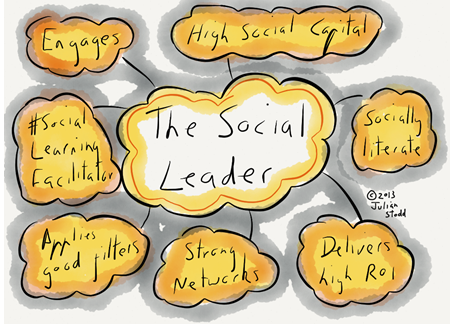Introducing leadership principles and concepts to students early in their MSW program is incredibly important. Going into my undergraduate field placement, I felt very powerless and was unsure what my role would look like. I quickly learned that I had many responsibilities and needed to take on a leadership position if I genuinely wanted to successfully intervene with clients. Except, I didn’t realize that the role I had assumed was that of a leader. Now knowing what attributes are expected of a leader and why it is important for all social workers, regardless of education or licensure level, to be leaders in their field. Going into my master’s placement, I now know what it means to be a leader and how to be an efficient one at that. As social workers, everything we say or do is incredibly important when we’re with our clients. Knowing how to better engage and intervene with them makes us more competent in our professional practice.

I don’t have many recommendations for this course, but I would suggest including more personality and leadership surveys to assist students in revealing more about themselves. A huge takeaway for me has been learning what strengths I currently have and which areas in my life that I need to work on if I want to be a better social work leader. I was also able to learn about ways of strengthening my weaknesses by communicating with classmates through the discussion forums.




